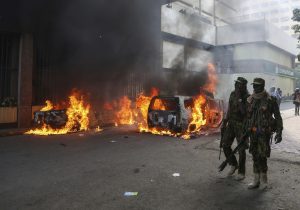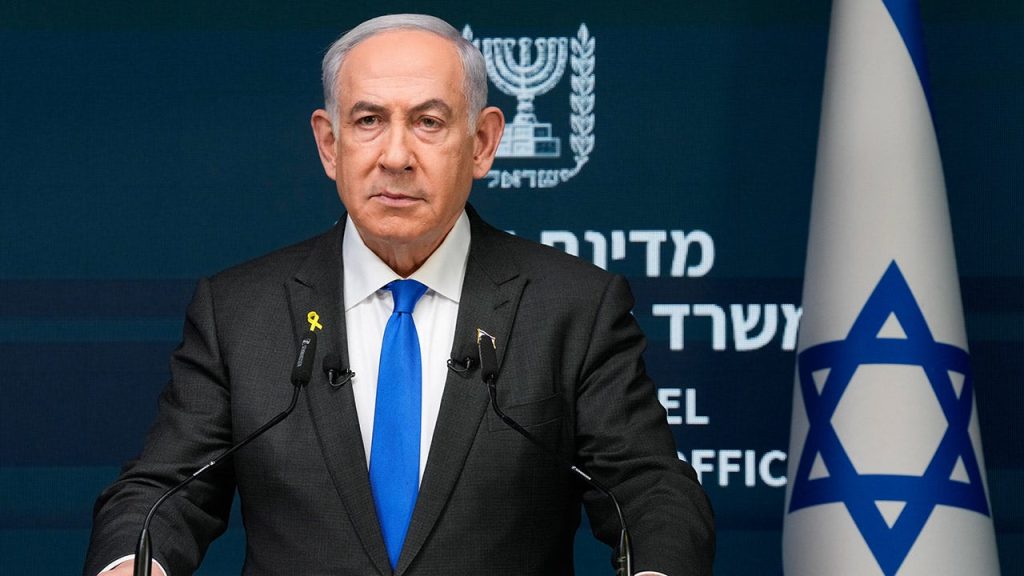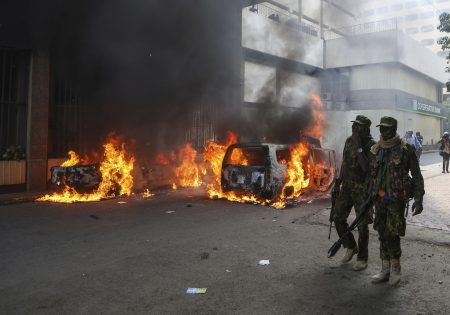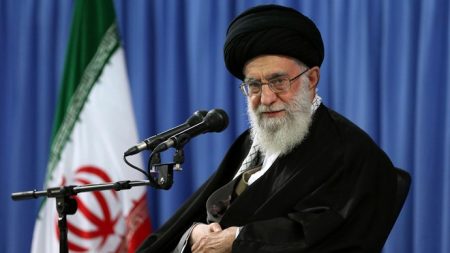The Israeli Prime Minister’s office has categorically denied reports suggesting that Hamas has submitted a list of hostages for potential release as part of a ceasefire agreement. Initial reports indicated that Hamas had compiled and approved a list of 34 hostages they were prepared to release contingent upon Israel agreeing to withdraw from Gaza and establish a permanent ceasefire. However, a statement released by Prime Minister Netanyahu’s office refuted these claims, emphasizing that no such list had been received from Hamas. This denial adds another layer of complexity to the ongoing conflict and raises questions about the accuracy of initial reports and the potential for future negotiations. The timing of this denial also coincides with Prime Minister Netanyahu’s return to public life following a recent prostate surgery.
The Prime Minister’s recent medical procedure and subsequent recovery have been closely monitored, given his age and the demanding nature of his position. Despite his recent surgery, Netanyahu defied doctors’ orders and appeared in the Israeli parliament, demonstrating his commitment to his duties despite his health challenges. His office assured the public that he was in good condition and fully conscious following the procedure. This latest surgery is part of a series of health procedures Netanyahu has undergone in recent years, including hernia surgery and the implantation of a pacemaker. These health concerns underscore the pressures and strains of his leadership role amidst ongoing regional conflicts and domestic political challenges.
Netanyahu’s health issues haven’t slowed his political engagements. He continues to face an ongoing corruption case, requiring his testimony in court. This legal battle adds another dimension to the already complex situation, demanding his attention and energy alongside the security crisis. His determination to continue leading the nation while dealing with these health and legal challenges highlights his resolve and commitment to his role as Prime Minister.
The ongoing conflict between Israel and Hamas remains a volatile and complex situation, with the hostage crisis at its core. The denial of a hostage list underscores the difficulties in achieving a ceasefire and the deep mistrust between the two sides. The lack of confirmed communication regarding hostage release further complicates the prospects of any immediate resolution and highlights the challenges in establishing a framework for productive negotiations. The situation remains fluid, with numerous hurdles to overcome before any meaningful progress can be made.
Beyond the immediate crisis with Hamas, Netanyahu also faces broader regional security challenges, including the ongoing threat posed by Iran and its proxies. He has consistently emphasized the importance of countering Iranian influence in the region and has directed the Israeli Defense Forces (IDF) to actively target Iranian-backed terrorist groups. This broader regional conflict further complicates the current situation and adds another layer of complexity to Netanyahu’s already demanding agenda. His leadership is being tested on multiple fronts, requiring him to navigate both immediate crises and long-term strategic challenges.
The denial of a hostage list from Hamas adds another layer of uncertainty to an already complex situation. While the possibility of a ceasefire remains a crucial goal, the conflicting reports and lack of confirmed communication between the parties involved highlight the significant challenges that lie ahead. The situation remains fluid and demands careful monitoring as events unfold. Meanwhile, Prime Minister Netanyahu, despite health challenges and legal battles, continues to lead Israel through this tumultuous period, underscoring his resilience and dedication to his role. The convergence of these various challenges creates a complex and dynamic environment, making the path to resolution even more precarious.










